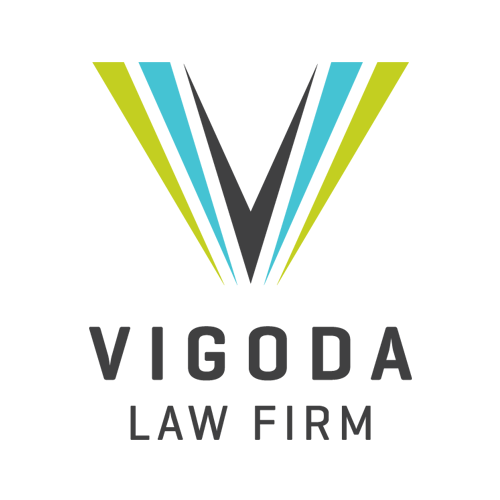Visa Varieties: Your Options For Entering The US
/By Andrew Soboeiro
When seeking entry to the United States, one of the greatest challenges is simply determining what kind of visa to apply for. There are dozens of visas, each with unique eligibility requirements. The following guide will help you understand the most common visas, setting the stage for legal entry:
Visitors' Visas
The most commonly used visa is the B-2 visa, which lets you visit for tourism or to see friends and family. All foreign visitors need visas unless their country is in the Visa Waiver Program. If your country is in this program, you can spend 90 days here without a visa.
Work & Business Visas
Whether you seek to work, hire, or invest, business is one of the most common reasons to come to this country. Work and business visas take many forms, including:
• B-1 Visas - These let you visit the US for a six-month period to attend conferences, training courses, or other business-related activities.
• H-1B Visas - If you have a bachelor’s degree or higher in a specialized field, this visa allows you to work here in that field.
• H-2 Visas - These allow temporary workers to work in the US. You can get an H-2A visa for agricultural labor and an H-2B visa for work in another field.
• E-1 & E-2 Visas - If you are an investor or trader from a country with commercial ties to the US, these visas let you travel here for investment purposes.
You are most likely to be eligible for a work visa if you can perform valuable tasks that American companies cannot find enough citizens to do. The rarer your skills and the higher the demand for them, the better your chance of gaining legal entry.
Visas for Education
US schools are well-regarded across the globe, so it’s no surprise that many come here for education. If you’re looking to gain new knowledge, consider applying for:
• F-1 Visas - These are available for full-time students who study at approved US academic institutions.
• M-1 Visas - This type of visa authorizes you to attend non-academic educational programs, such as vocational schools.
• J-1 Visas - If you want to participate in a US State Department-approved exchange program, this visa lets you do so.
Besides receiving education in the US, some visas allow you to provide it. Under the Q visa, for example, you can travel here to teach the American public about your home country’s history and cultural traditions. In this way, US immigration policy fosters cross-cultural understanding and the widespread exchange of knowledge.
Other Options
Along with business and education, there are visas for:
• Humanitarian Protection - If you are a victim of persecution or torture in your home country, you can apply for asylum in the United States. You can also obtain a T visa if you came here through human trafficking or a U visa if you were the victim of a violent crime in the US.
• Marriage - If your fiancé(e) is a US citizen and you plan to marry them within 90 days of arrival, you can obtain a K-1 visa.
• Entertainment - If you are an athlete, artist, or other entertainer, you may be able to obtain a P visa for performing or teaching your craft in the US.
Immigrant Visas
Most of the options listed above are "nonimmigrant" visas, which allow a person to visit the US only for a limited time and limited purpose. However, a foreign national may also be eligible through family, work, or investment for an "immigrant" visa to move to the US permanently.
Whether you seek temporary status, permanent residency, or US citizenship, Vigoda Law Firm offers the information and legal support you need to succeed. For more information about visas and other immigration topics, call 919-307-7817 or visit our website today.

